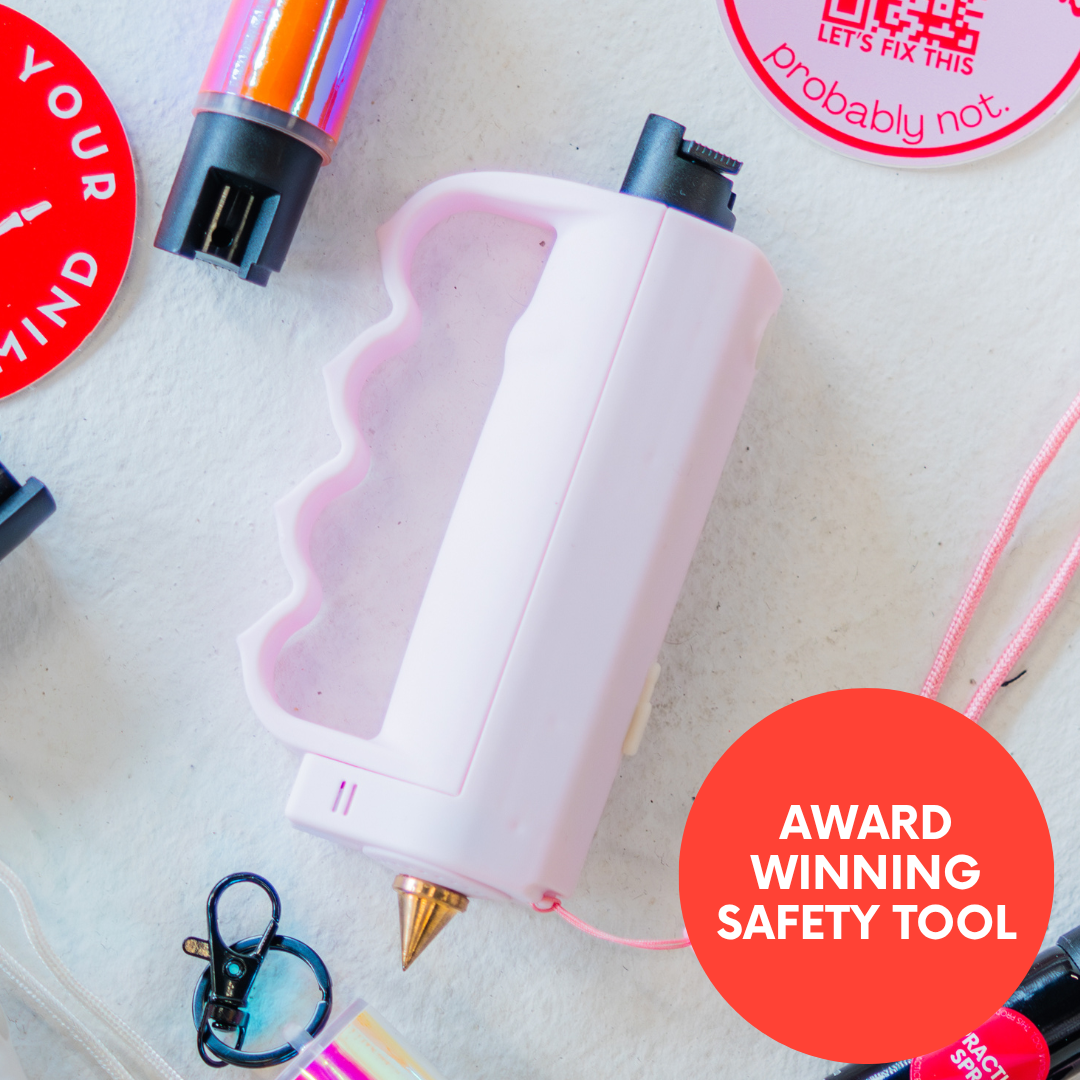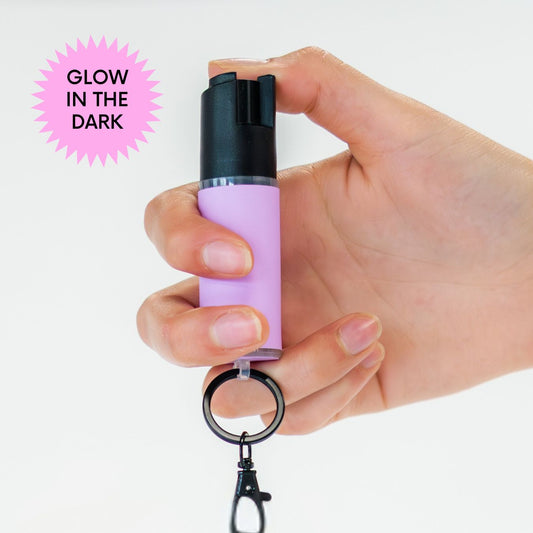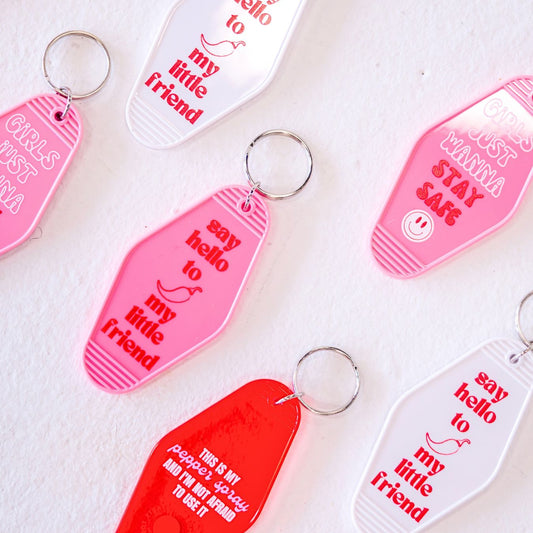In today's fast-paced world, personal safety has become a rising concern for everyone.
There are certain myths that have been floating around for years, leading people to believe that they are safe from harm.
Unfortunately, these common misconceptions are putting people in danger more than ever.
But it's 2023, and it's time to debunk these personal safety myths and spread awareness about the real facts. In this blog post, we will discuss the top personal safety myths you need to stop believing in 2023.
Myth 1: Safe Neighborhoods are Crime-Free
This myth is one of the most common personal safety misconceptions.
Just because a neighborhood looks safe, it does not mean that it's crime-free. Criminals are not restricted to specific areas, and they can strike anywhere, anytime.
While living in a well-lit, high-traffic area might deter some criminals, it won't necessarily eliminate the risk altogether.
Always take precautions and don't let your guard down, even if you're in a safe neighborhood.
Myth 2: Only Women are Victims of Sexual Assault
Another personal safety myth is that only women are potential victims of sexual assault.
Sexual assault can happen to anyone, regardless of their gender, race, or age. In fact, studies have shown that one in three men have experienced some form of sexual assault in their lifetime.
Always be aware of your surroundings, trust your instincts, and take appropriate actions to avoid being a target of sexual assault.
Myth 3: You Will Always Hear Your Attacker Approaching
Many people believe that they will always hear their attacker approaching, giving them enough time to prepare for a possible attack.
But in reality, attackers are often trained to approach silently, leaving their victims with little to no time to react.
Additionally, it's possible for attackers to be people that you know or are familiar with, catching you completely off guard after establishing a form of comfort or trust with a person.
This doesn't mean you have to live in fear. However, it is important that you always stay alert, avoid distractions, and be prepared for the unexpected. Take a self-defense course and carry a self-defense tool, if possible.
Myth 4: If You're Attacked, Fight Back
While fighting back might seem like the instinctive thing to do when attacked, it's not always the best course of action.
If you're attacked, your first priority should be to get away safely.
Fighting back can sometimes escalate the situation, leading to further harm or even death. Instead, focus on making a safe escape and seeking help from the authorities or bystanders.
Final Thoughts
Spreading awareness about personal safety myths can help people make more informed decisions and stay safe.
Remember, staying safe is not just a matter of luck but being prepared, vigilant, and proactive.
Always be aware of your surroundings and trust your instincts if you sense something is wrong.
Having basic self-defense skills and carrying self-defense tools can also be helpful.
Let's spread awareness and fight against these personal safety myths to make our society a safer place for everyone.






